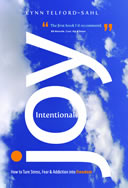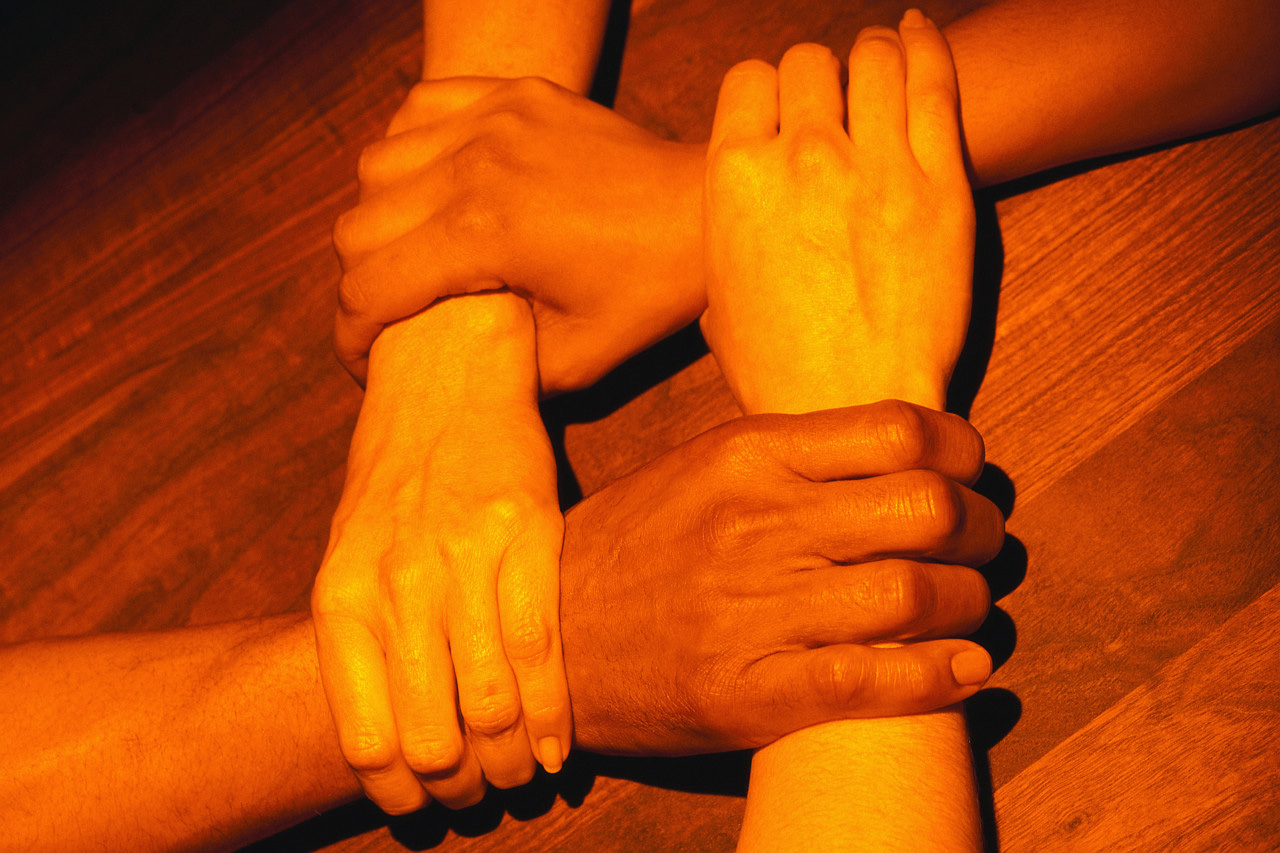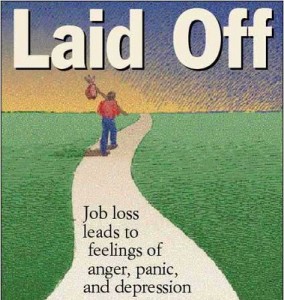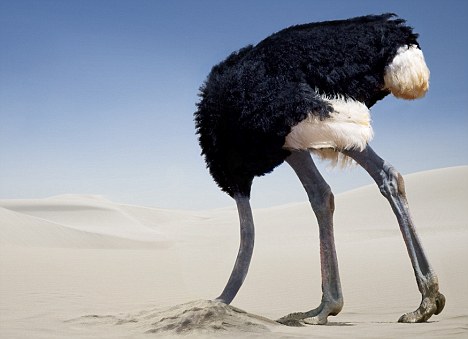Money & Happiness: Do You Deserve Both?
 Monday, August 13, 2012 at 8:27AM
Monday, August 13, 2012 at 8:27AM  Post a Comment
Post a Comment Do you suffer from “Happychondria*,” or the fear of being happy. What about “moneychondria” or the fear of having money? I think it’s safe to say many of us have both of those fears though we would deny it’s so because those beliefs often sit below our conscious thoughts. However you’ll see the evidence of those fears if some of these conditions exist: 
(Circle all that apply for you)
* You spend more than you make,
* You “debt,” or consistently run up credit card debt,
* You under-earn or
* Over-service clients (a condition that many self-employed do).
* You give your money away (to children and other “needy” folks and don’t keep enough for yourself) – a money mistake women often make
* You’re not planning or saving for the future
* You make plenty of money, but feel out of control because you don’t manage it
Let’s take a look at how much money it takes for Happiness. Here’s a question I like to ask audience members when I give talks such as Power Up Your Money, Power UP your Life:
How much money does the average American say they need to be happy?
Pick one - Multiple Choice
1) $100,000 annual income
2) $50,000 annual income
3) $1 million annual income
4) $75,000 annual income
If you picked D you win the prize. Research shows that $75,000 is the income most Americans currently feel is enough for a decent standard of living.
But, how much money is enough for you to be happy? Not your parents, neighbors, siblings, friends? But just you, my friend.
Write Down:
1) My current annual income is $________________.
2) In order to insure happiness and contentment financially with no more money problems and worries, my annual income would need to be $______________________. (*from David Krueger’s The Secret Language of Money.)
For most of you the 2nd number will be about twice the size of the first. While we all want to have goals, what happens when we reach those goals? Most people set a NEW number that is – yes – you guessed it – about twice the size of the previous. When is what we’re making enough? When do we decide to stop chasing MORE and be happy with what we have? We all deserve to have enough money and happiness and when we become conscious of what's getting in the way we are able to create that for ourselves.
As a Certified Money Coach I offer a FREE 15 minute Strategy Session for any money situation you’re struggling with. Email me at lynntelfordsahl@gmail or call (209) 492-8745.
(*from Happiness Now by Robert Holden, Ph.D - highly recommend this book)
 Lynn Telford-Sahl tagged
Lynn Telford-Sahl tagged  Debting,
Debting,  Depression,
Depression,  Happiness Now,
Happiness Now,  Robert Holden,
Robert Holden,  financial help,
financial help,  financial stress,
financial stress,  life coaching,
life coaching,  money coaching,
money coaching,  money problems,
money problems,  money stress,
money stress,  overspending
overspending




















